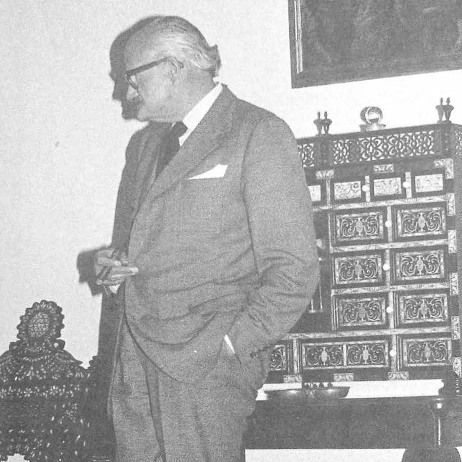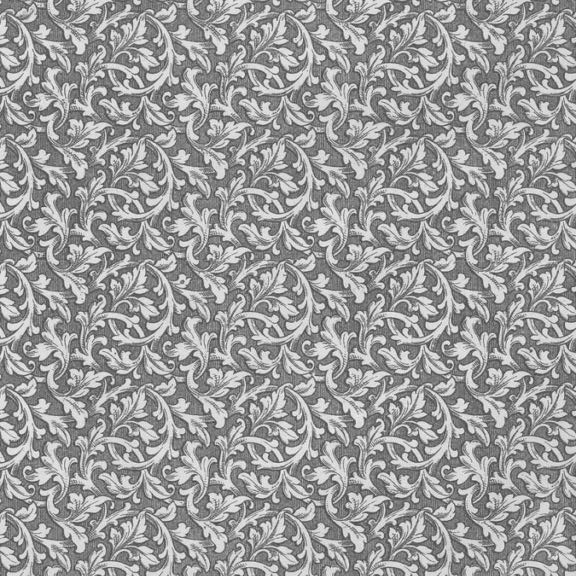See the list of topic categories here.
There is no project so hazardous as relegating everyone to a transient life of spiritual nomadism. Man, pressed into this existence, feels that the ground is missing beneath his feet, and falls prey to a horrible vertigo, spinning out across vast deserts, without purpose and without direction.
The theologian corrupts theology by wanting to turn it into a science.
By looking for the rules of grace.
What discredits religion are not primitive cults, but American sects.
Every task other than the determination of man’s relationships with God is futile.
Religion is not a theory of the world, but an experience of its insufficiency; that is, a confirmation of a strange presence in ordinary things.
More than one presumed “theological problem” comes only from the lack of respect with which God treats our presumptions.
Religion does not arise from human life, but is introduced into it.
Mankind does not need Christianity in order to construct the future, but in order to confront it.
Every age has its religion and its god; those who think otherwise have only exchanged the god they had for something much more dark and sinister.
The modern theologian’s pirouettes have not gained him one conversion more, nor one apostasy less.
Without religious routines, souls unlearn subtle and refined sentiments.
The Catholic apologist rarely distinguishes between what must be rejected with respect and what must be crushed with contempt.
A comparative history of religions is not an enemy of religion, but the richest arsenal of apologetics.
The temptation of the churchman is to carry the waters of religion in the sieve of theology.
No age is richer than ours in religious teachings. Those who proclaimed the death of religion seem to me as comical as those who announced that locomotives would kill poetry.
Every end other than God dishonors us.
Even if he were to succeed in making his most audacious utopias a reality, man would continue to yearn for otherworldly destinies.
Once should not discuss religion except with accomplices.
The growing difficulty of recruiting priests should not upset the church as much as it should embarrass humanity.
Religion did not arise out of the need to ensure social solidarity, nor were cathedrals built to promote tourism.
Of Christianity as a “scandal:” the simple unbeliever stumbles against the scandal, becomes indignant, and is repelled; a more subtle minority departs because it does not see scandal, but a complex fact that history can explain.
But what moves me is that simultaneously there is and is not scandal. Christianity makes no sense outside the religious history of mankind, nor only within it.
Heresies rarely have social or economic motives, but social and economic trends often have a heretical source.
It seems history can be reduced to two alternating periods: a sudden religious experience that propagates a new human type, and the slow process of dismantling that type.
The beauty of the figure of the Virgin comes at once from the sacred retinue of vanquished goddesses she evokes or replaces, and the way in which she transcends them. Christian worship is born in Paleolithic caves, and the theology of the Aborigine or the Pygmy is,just as Alexandrian theology, a stone in the cathedral.
The failure of the “liberal”, “progressive”, “radical”, “humanitarian”, “bourgeois” ideology is a product of its total religious incompetence.
Because they ignore religious categories, society falls apart in their hands when they rule and ideas are liquefied in their head when they think.
Christianity can live in legal concubinage with the world, but not in legitimate marriage.
The true religion is monastic, ascetic, authoritarian, hierarchical.
“The early Church” has always been the favorite excuse of the heretic.
Man only matters if it is true that a God has died for him.
Impertinent attempts to justify “the ways of God” transform God into an angry schoolmaster who invents educational games both cruel and childish.
The religious sensibility oppressed by the Church takes refuge in strange catacombs.
Spirituality too often forbids itself the spiritual smile.
What is not religious is not interesting.
Everything interesting is or comes from a religious fact.
To speak of God is presumptuous; to not speak of God is idiotic.
Sensual, skeptical, religious: this may not be a bad definition of myself.
The three stumbles of the Catholic Church:
Aristotelianism,
Jesuitism,
and the Biblical commission.
The secular importance of religion lies less in its influence on our conduct than on the noble sonority with which it enriches the soul.
Only the theocentric vision does not end up reducing man to absolute insignificance.
It is easier to defend Christian truths than it is to defend Christian apologetics.
Those souls Christianity does not prune never mature.
Religion is the only serious thing, but one need not take seriously every declaration of homo religiosus.
Note: Dávila was a Colombian political philosopher and in the Latin church. His aphorisms are presented here for the purposes of enjoyment, study, and historical record, but do not necessarily reflect the opinions of this writer. For more information on Dávila, see this introductory post. For information on how to live your life, go to church and read the Church Fathers/Saints.



